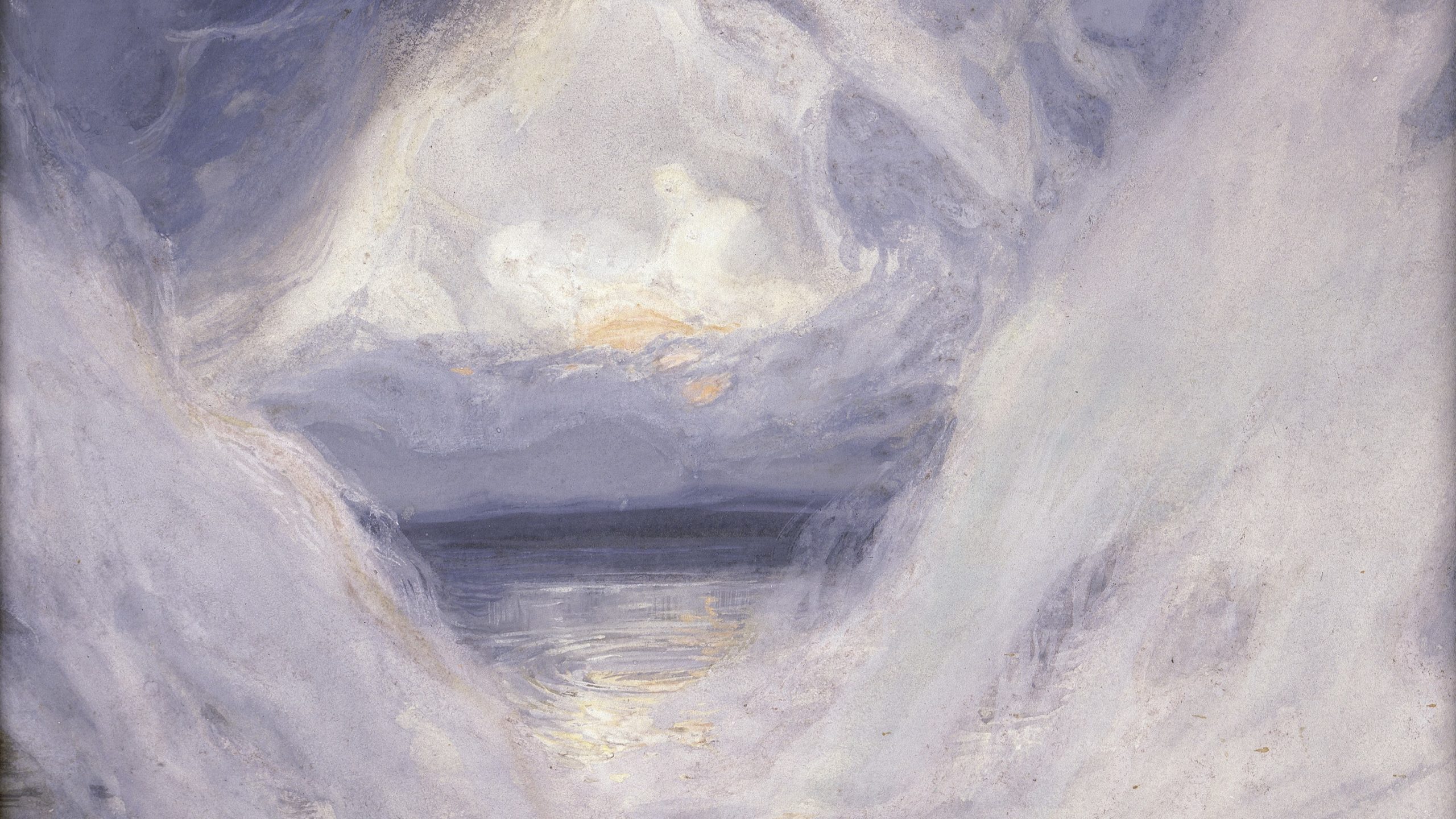
Genesis 1:1-5
Baptism of the Lord B
1 When GodI beganII to createIII the heavensIV and the earth,V
2 the earth wasVI complete chaos,VII and darknessVIII covered the faceIX of the deep,X
while a windXI from God sweptXII over the face of the waters.XIII 3 Then God said, “Let there be light,”XIV and there was light.
4 And God sawXV that the light was good,XVI and God separatedXVII the light fromXVIII the darkness.
5 God calledXIX the light Day,XX and the darkness he called Night.XXI And there was eveningXXII and there was morning,XXIII the firstXXIV day.
Image credit: “The Creation” by James Tissot, between 1896 and 1902.
